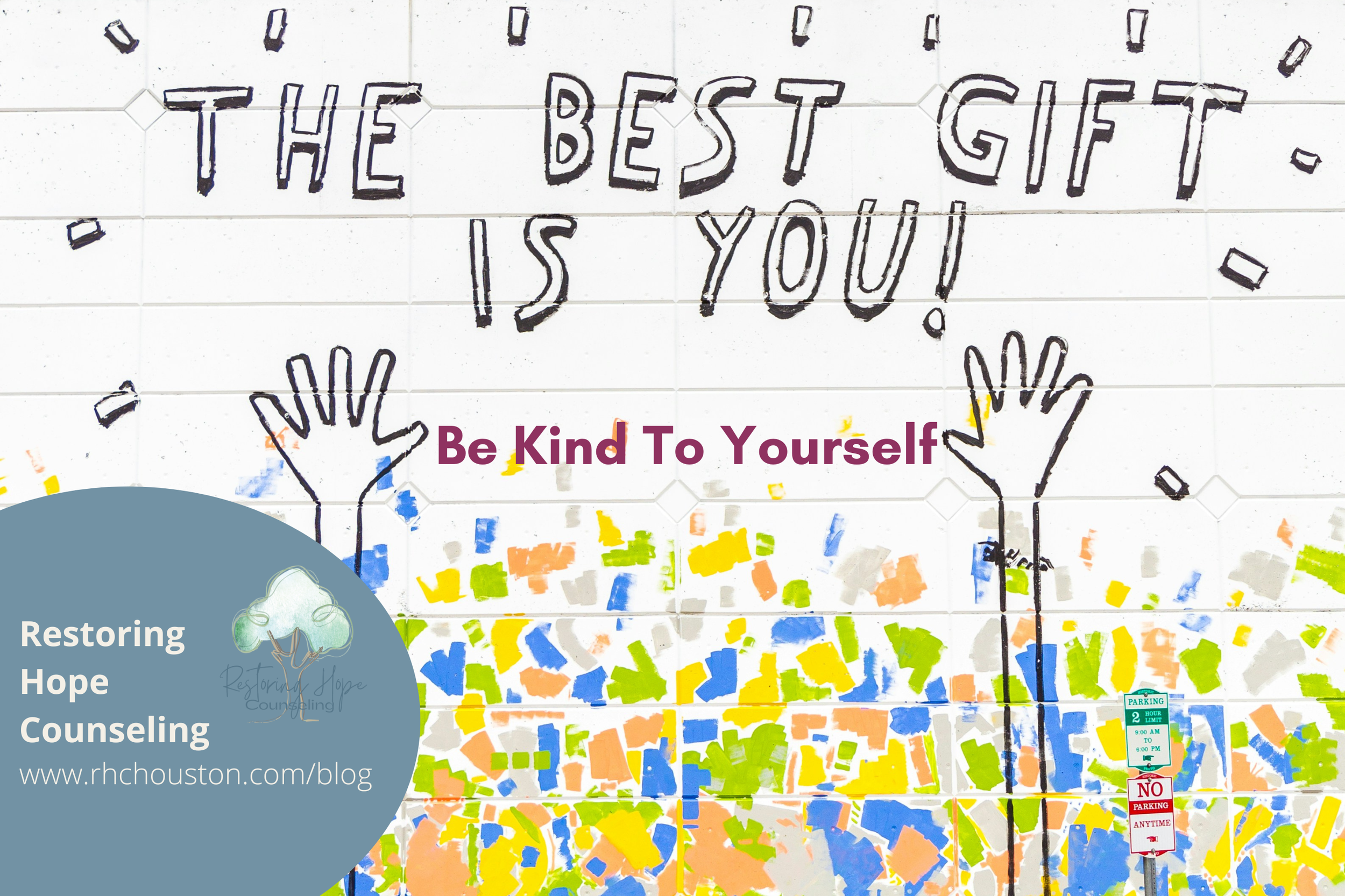
Blog
7 Things Self-Care Isn’t (and 7 things it is)
People often either love or hate the concept of self-care, or at least the word itself. Maybe you find comfort and restoration in your self-care practices. But a lot of us struggle with what it looks like for ourselves or equate “self-care” with expensive candles and products or social media wellness trends, but there’s so much more to it.
Be Kind To Yourself
Giving yourself grace involves treating yourself with kindness, compassion, and understanding, especially during times of difficulty or failure. It's about recognizing that everyone makes mistakes, experiences setbacks, and has imperfections, but that these do not diminish your worth.
Purpose of Questions in Therapy
Therapy is a structured and confidential process designed to help individuals address personal challenges, explore emotions, and work towards positive change. Here's what you need to know about therapy and privacy:
You might ask yourself, what is the purpose of asking certain questions in therapy? Therapists ask questions to gain a deeper understanding of your concerns, history, relationships, and goals.
This information helps them provide personalized guidance and support tailored to your needs.
Therapists are trained to maintain professional boundaries and respect your privacy. They will not ask intrusive or inappropriate questions without a valid therapeutic reason. If you feel uncomfortable with any question, you can express that to your therapist.
There are no Taboos in Mental Health!
Taboos in mental health refer to societal stigmas, misconceptions, or cultural norms that discourage open discussion, acknowledgment, or acceptance of mental health issues. These taboos can contribute to feelings of shame, isolation, and reluctance to seek help among individuals experiencing mental health challenges. Reducing these feelings associated with mental health taboos requires a multi-faceted approach that addresses societal attitudes, promotes awareness and education, and fosters supportive environments.
Los tabúes en salud mental se refieren a estigmas sociales, conceptos erróneos o normas culturales que desalientan el debate abierto, el reconocimiento o la aceptación de los problemas de salud mental. Estos tabúes pueden contribuir a sentimientos de vergüenza, aislamiento y renuencia a buscar ayuda entre las personas que experimentan problemas de salud mental. Reducir estos sentimientos asociados con los tabúes de salud mental requiere un enfoque multifacético que aborde las actitudes sociales, promueva la conciencia y la educación y fomente entornos de apoyo.
Challenging Yourself
Affirmations are positive statements that are repeated to oneself with the intention of fostering a positive mindset and changing one's beliefs or thought patterns. Sylvia Ruiz, LPC-A bilingual spanish therapy latinx latino latina hispanic houston texas 77069




